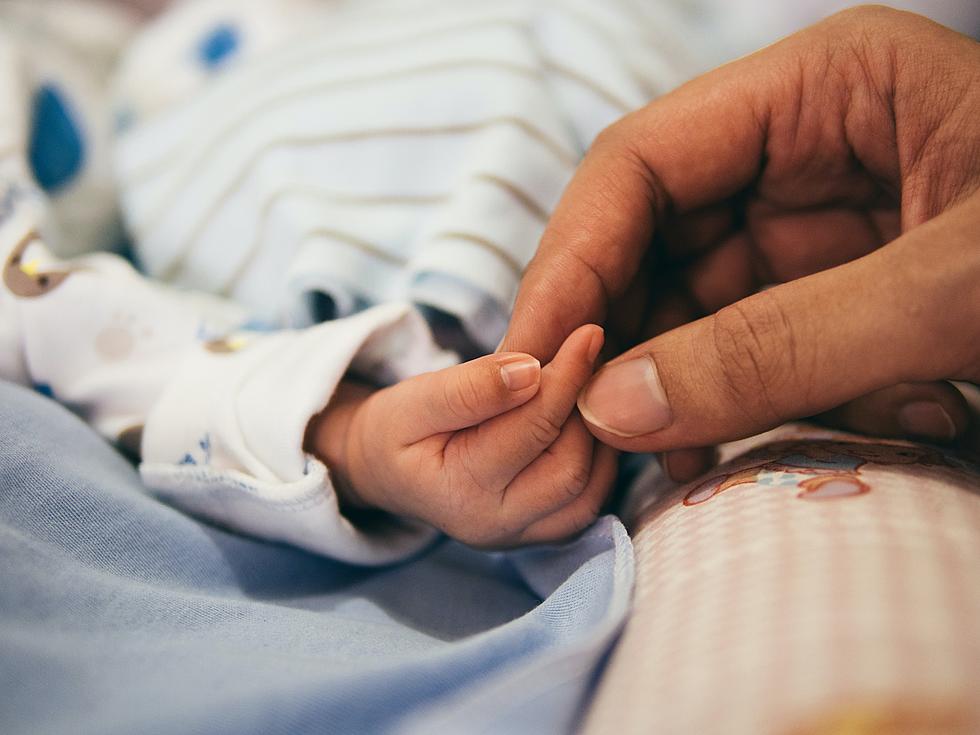![Time to Fall Back, Drive More Carefully [Poll/Infographic]](http://townsquare.media/site/45/files/2014/10/98080441-630x385.jpg?w=980&q=75)
Time to Fall Back, Drive More Carefully [Poll/Infographic]
Remember to set those clocks back Saturday night as daylight saving time ends at 2 a.m. EDT Sunday.
After the change, it will be darker sooner, making driving more dangerous with bicyclists and pedestrians more difficult to see.
"Driving becomes more challenging for motorists during the first week of the time change, especially in school zones," Michigan State Transportation Director Kirk T. Steudle said. "Drivers need to pay close attention and eliminate distractions while driving, and pedestrians and bicyclists should take every precaution to make themselves as visible as possible. We want everyone to make it home every night."
The University of Michigan Transportation Research Institute reports that pedestrians are more at risk of serious injury from a motor vehicle crash in the weeks following the return to standard time. The most dangerous time is the first hour after darkness.
According to the National Highway Traffic Administration, 70 percent of pedestrian fatalities occur during dark conditions between 6 p.m. and 5:59 a.m.
Is daylight saving time still useful?
A survey by Rasmussen Reports shows about 40 percent of Americans think daylight saving time should be eliminated.
The same survey finds that 34 percent of Americans see daylight saving time as an energy saver. It once was, but it seems those days are gone.
The 24/7 nature of modern business has led to a change in the way we consume energy. Studies show that daylight saving time saves little to no energy and it may actually increase energy consumption in some areas.
Scientific American noted studies conducted in Indiana that showed daylight saving time actually caused an increase of 1 percent in residential electricity use, costing consumers an extra $9 million.
The California Energy Commission noted a negligible 0.02 percent drop in energy use.
The U.S. Department of Energy conducted a larger study over multiple states and found that daylight saving time (DST) saved 0.5 percent of electricity consumption in the U.S.
Not surprisingly, it has also been found that worker productivity decreases in the days immediately after the beginning of daylight saving time.
Researchers used Google data as well as an experiment that tested how sleep-deprived subjects reacted to having to attend a boring lecture to conclude that the 40 minutes of average sleep lost to daylight saving time causes workers to 'self-regulate' less efficiently, and in turn increase their hourly 'cyberloafing' by an average of 8.4 minutes."
Love it or hate it, remember to set your clocks back an hour this weekend.
More From 100.5 FM The River









